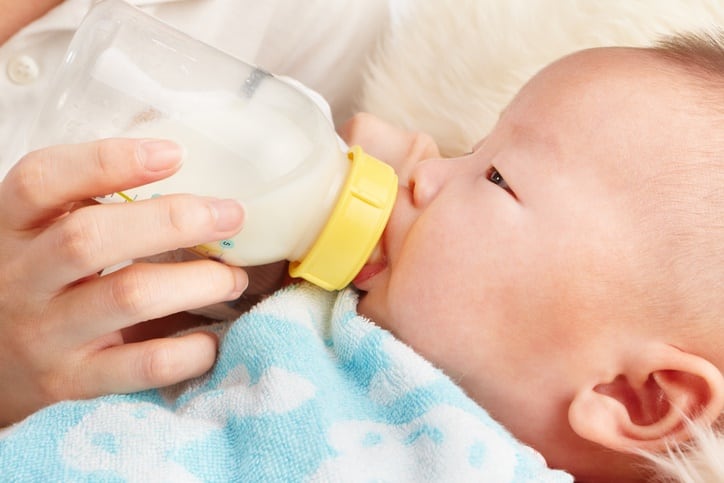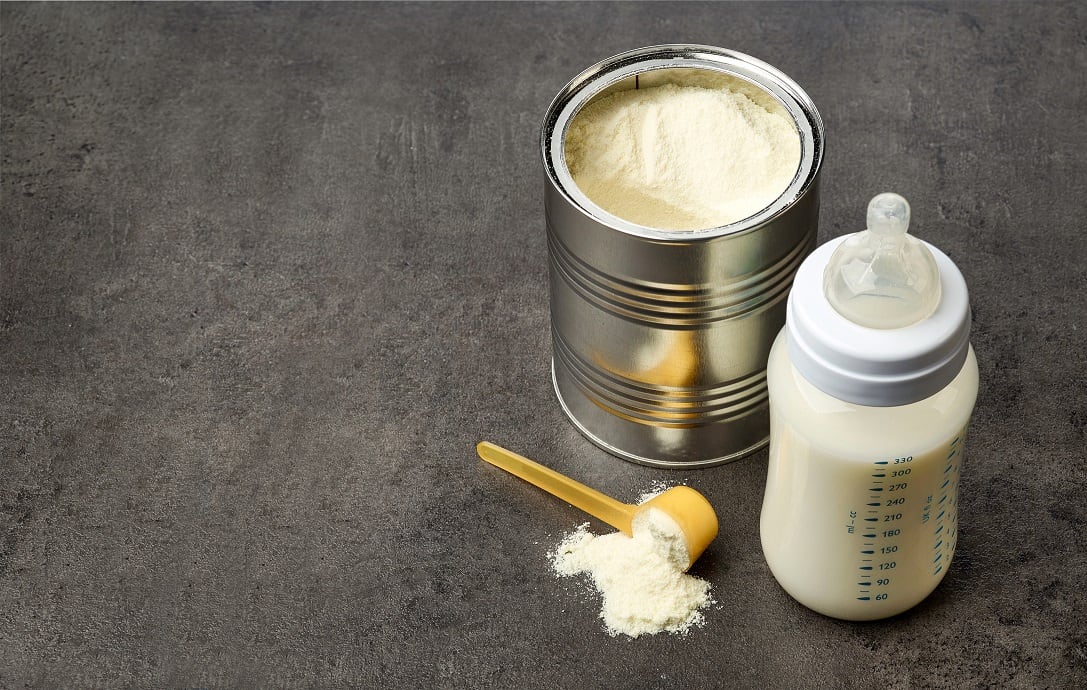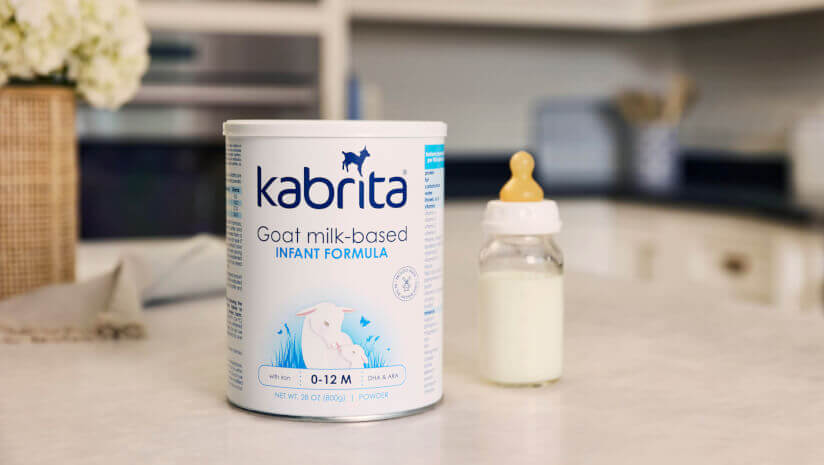In the span of five years, China’s birth rate dropped from 10.48% in 2019 to 6.77% in 2024. The number of children aged 0-3 years has also slipped during the period from more than 47 million to just over 28 million, according to consultancy firm Frost & Sullivan.
But year over year, the number of births modestly increased, with 9.54 million newborns arriving in 2024, up 520,000 compared to 2023. The country’s birth rate also rose by 0.38%, reversing a 7-year negative trend.
As a result, in 2024, the decline of infant formula sales slowed compared to 2023 – down -8% including -7% in volume terms and -1% in pricing, according to Kantar Worldpanel data for the first 9 months of 2024.
Industry insiders expect birth rates to continue to rise over the next few years thanks to the Chinese government’s childcare support measures.
What are China’s childcare subsidy plans?
In the last six years, these have included policies aimed at boosting domestic infant formula manufacturing; bolstering safety standards for infant food and formula; the introduction of a ‘three-child policy’ through tax, childcare and other subsidies; and launching additional education, housing and employment measures to stimulate parenting.
And this month, Hohhot – the capital of Inner Mongolia and a key economic center in northern China – announced a subsidy program comprising a one-time payment of between RMB10,000 to RMB100,000 (c.US$1,377 to $13,779) for families with children.
The program, launched on March 14, 2024, may offer a blueprint for other regions seeking to introduce their own support schemes to boost birth rates.
In all, these measures should be good news for infant formula manufacturers – many of whom have sought to diversify into other segments or pivot into adult nutrition to protect their margins.
But some players are likely to benefit more than others, according to analysts.
Who is likely to benefit?
According to Bain & Co, in so-called loyalist categories – such as milk, diapers, and infant formula – consumers stick to the brands they typically purchase, regardless of how often they need to purchase these products. In that sense, shopper patterns in 2023 mirrored those from as far back as 2013, the market research company explained.
Looking at China’s major infant formula players by market share, two firms lead the way: domestic player Feihe with 17.5% and Danone (with Aptamil) with 14%.
Meanwhile, China’s push to improve formula safety and labeling standards and support Chinese companies in the segment has led to improved consumer and investment sentiment on the domestic market.
All this gives Feihe the edge when it comes to market dominance. Capital markets and investment group CLSA estimates that the company would benefit the most from China’s drive to boost birth rates as a large portion of its sales comes from infant formula products for stages 1 to 3.
Citi Research also estimates that Feihe would be the main beneficiary from the stimulus measures, upping the group’s net profit forecasts by 3% for 2025 and 15% for 2026.
But there’s more: a recent strategic move announced by the infant formula company could further solidify its market leader status – and squeeze the margins of its competitors.
Feihe’s strategic masterstroke
Market insights company Jefferies reported that Feihe will launch its own maternity subsidy program in April, providing each eligible family with a subsidy of no less than 1,500 yuans (around $206).
According to Jefferies, the scope of the subsidy is nation-wide and irrespective of the number of children families have. The total investment will amount to RMB1.2bn (around $162m).
“For a family, this means six cans of free formula. The investment is circa 6% of Feihe’s turnover. The timeframe is not specified, though, likely a multi-year project, we think,” analyst David Hayes said in the report, speculating that Feihe might spend less in other areas to offset the margin impact.
For competitors such as Danone, Yili, Friso and The a2 Milk Company, this type of aggressive promotions could lead to margin reset risks, the analyst predicts. (Jefferies’ rating for Danone is set to ‘underperform’ at the time of writing).
In FY2024, Feihe’s group revenue increased 6.2%, with infant milk formula (IMF) sales forming nearly 92% of the total. Year on year, IMF sales grew 6.6% surpassing RMB19bn. In net terms, Feihe’s profit for the year rose 11.1% from RMB3.2bn in 2023 to RMB3.6bn in 2024.
Whether Feihe’s competitors would seek to respond with their own promotional measures or accelerate plans to diversify into other segments in order to protect profits remains to be seen.



